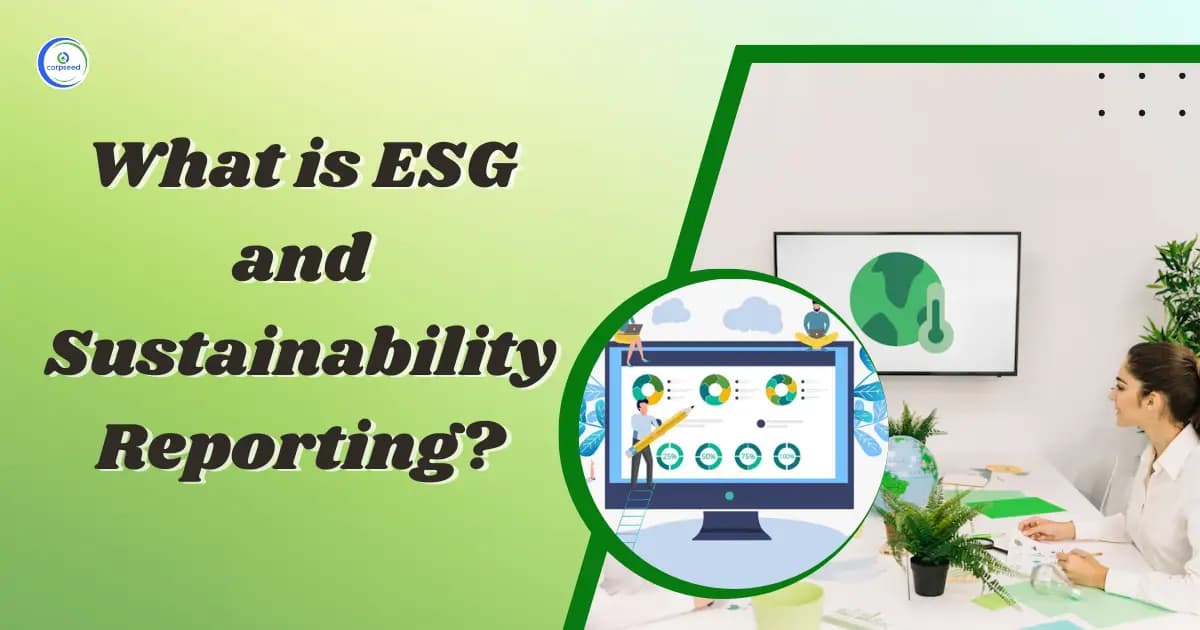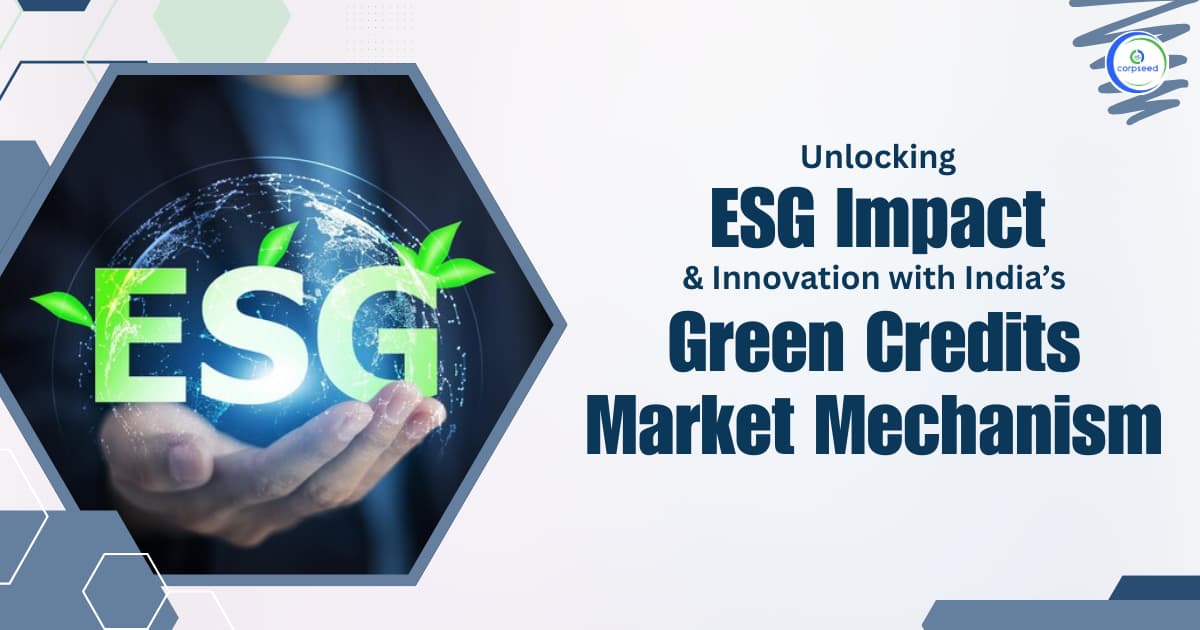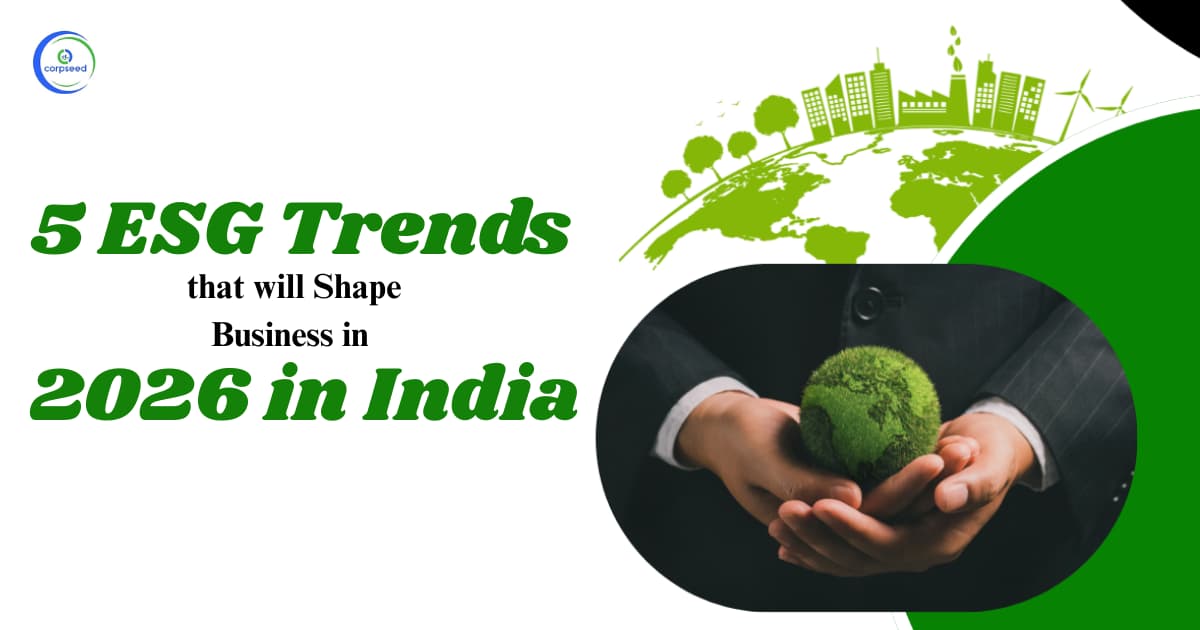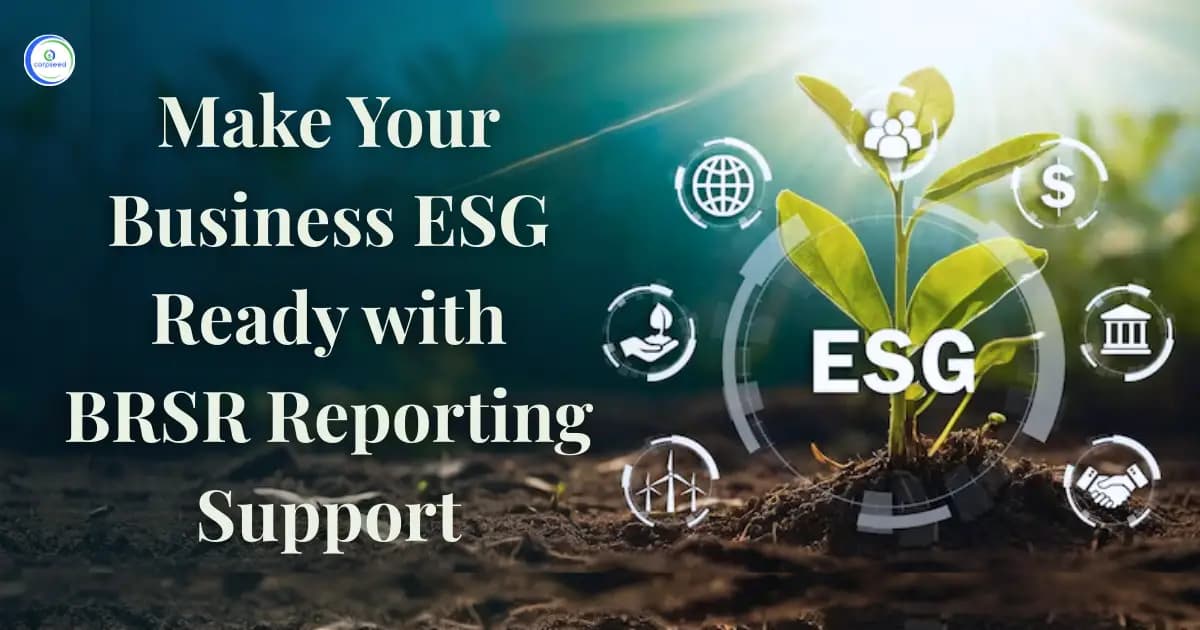
Loading...

ESG and sustainability reporting are platforms that enable companies to measure and disclose their impact on society and the environment.
About the Author

Mahek Sancheti, BAJMC graduate with a deep passion for writing. As a content writer, video content creator, creative content creator, and scriptwriter, I bring stories to life through words and visuals. I honed my skills by working with a prominent news agency, where I excelled in crafting compelling narratives and engaging content. Coming from a journalism and mass communication background I have skills to craft engaging narratives that captivate audiences. With a keen interest in writing and creativity, I aim to deliver impactful and meaningful content that resonates with diverse audiences.
Related articles

Invest in a Greener Future: How Green Credits Drive Corporate Sustainability & Climate Action?
2025-12-22

Unlocking ESG Impact & Innovation with India’s Green Credits Market Mechanism
2025-12-16

Why Companies are Investing in Carbon Credits to Achieve Net Zero?
2025-12-12

The Role of Carbon Credits in Achieving ESG Goals
2025-12-11

5 ESG Trends that will Shape Business in 2026 in India
2025-12-10

Make Your Business ESG Ready with BRSR Reporting Support
2025-12-02